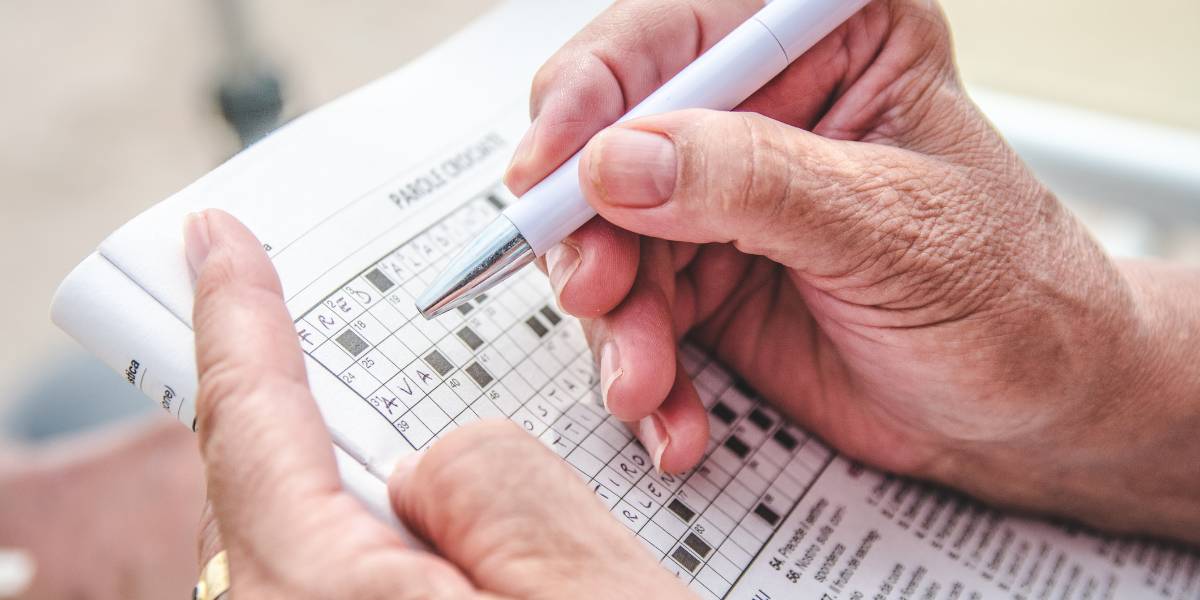Latest evidence demonstrates that people are more likely to eat less if they spread small pieces of food across their plate.
A study conducted by scientists at Shaanxi Normal University in China have found that this technique helps people to lose weight as it makes them think they are consuming more food, subconsciously making them feel full quicker.
According to the researchers, portion size is the biggest factor that influences how much food an individual eats.
- Boots chemist to sell Wegovy weight loss jab from Spring
- Man puts type 2 diabetes into remission 23 years since diagnosis
During the trial, 34 participants were shown 60 different images of chocolate, with all the pictures presenting the confectionary in various ways.
The results show that the majority of the study cohort thought there was more chocolate when it was broken up into multiple pieces.
The authors said: “A larger unit number increases the perception of overall portion size. The findings may provide advice to reduce the risk of overeating.
“The results provide practical guidance for nudging less consumption to reduce the risk of people eating larger portions unconsciously.”
Subconsciously thinking there is more food when it is cut into small pieces is called contour integration – a phenomenon which triggers people to incorporate the gaps around their meal as part of the meal, the academics have said.
- Award-winning diabetes app celebrates 7 years since launch
- Shortcomings in diabetes support a risk factor for poorer health outcomes
Prior research from a University of Oxford professor indicated that the ‘red plate’ trick can also help people lose weight.
Dr Charles Spence thinks that eating off a red plate tricks your brain into consuming less food, making it a good way to lose weight.
The NHS spends £6.1 billion on obesity-related conditions every year, with the number set to increase to nearly £10 billion per year by 2050.
The study has been published in the journal Food Quality and Preference






